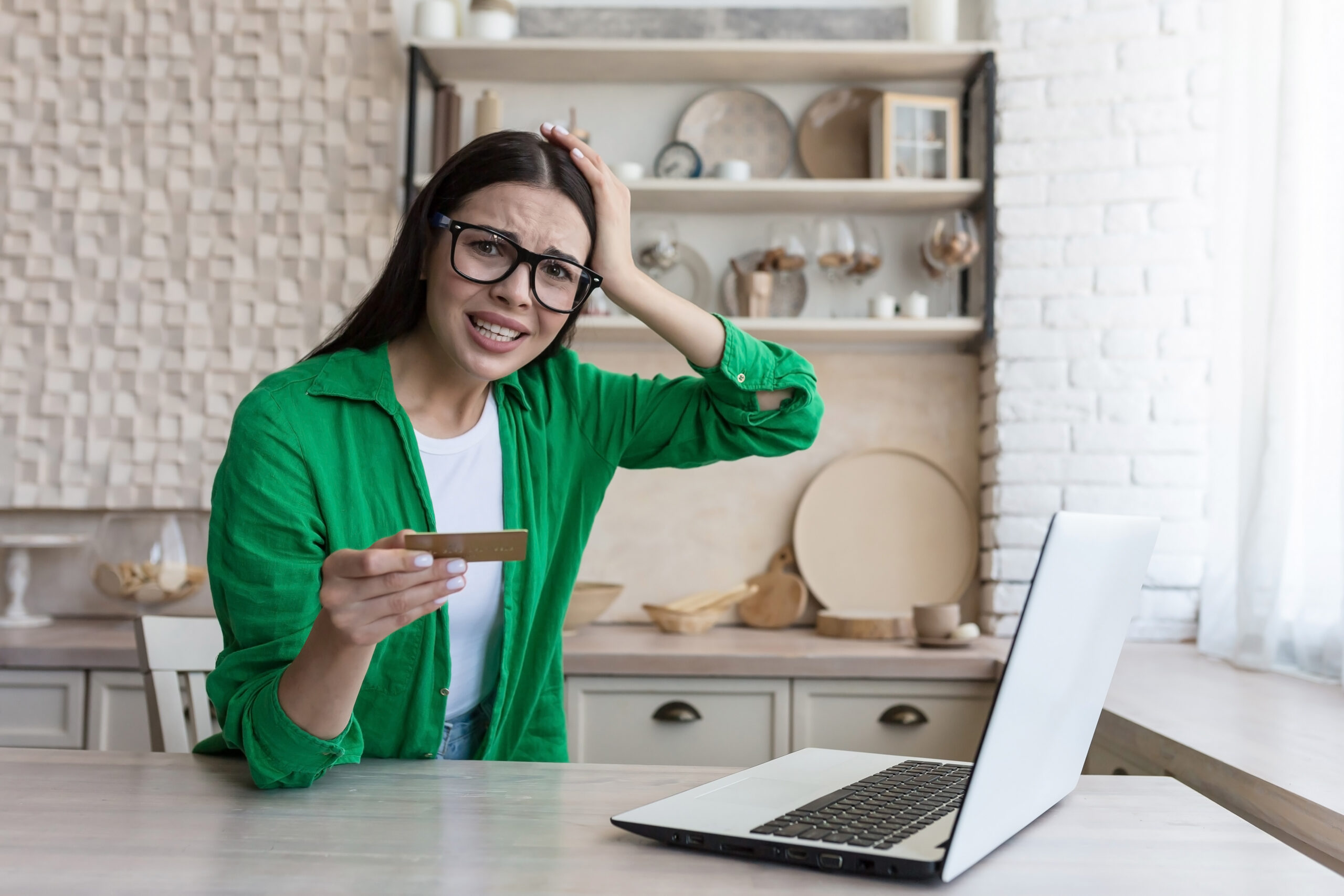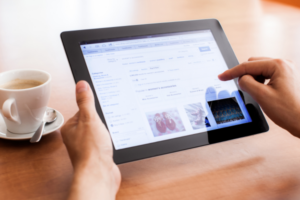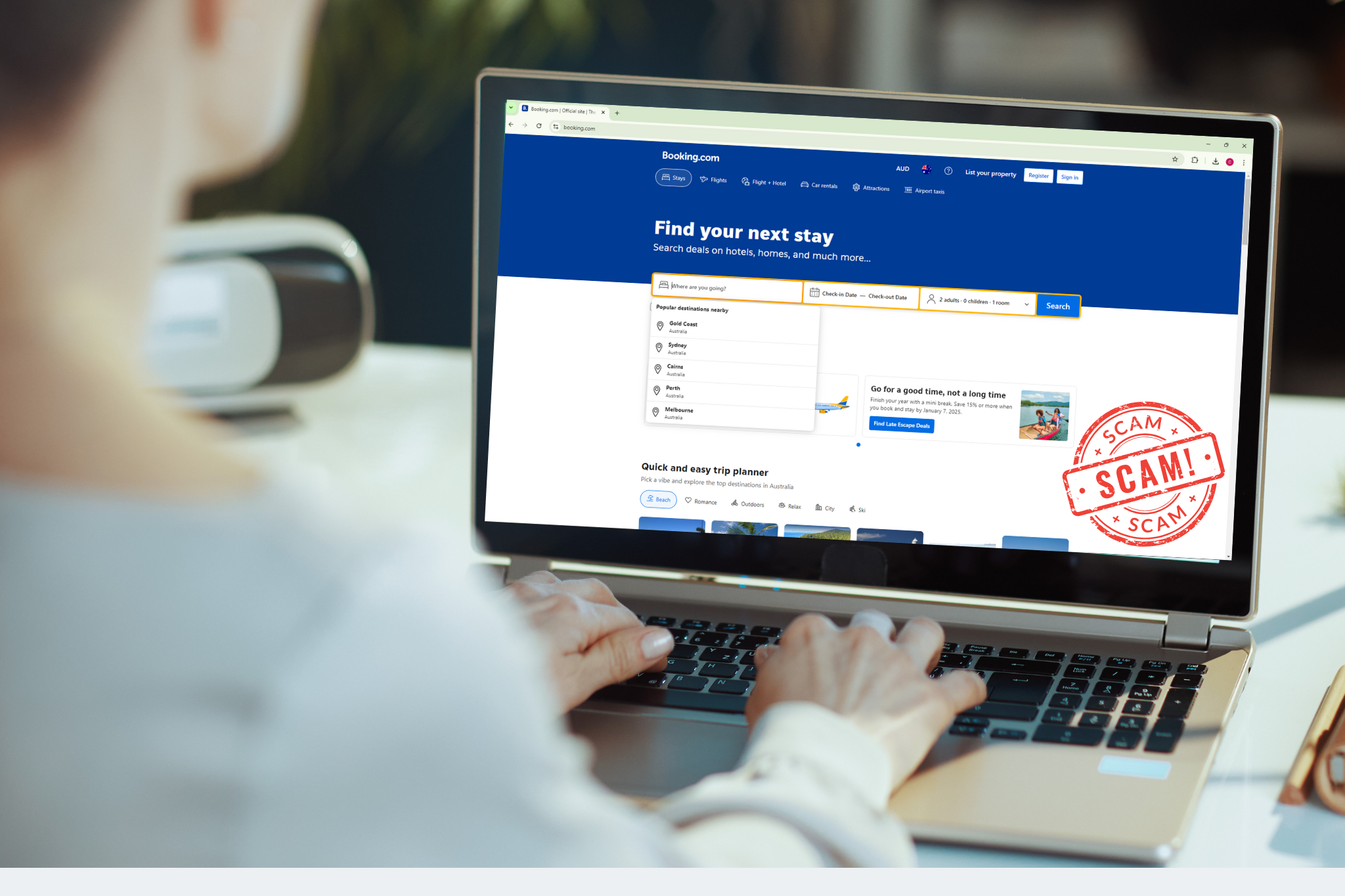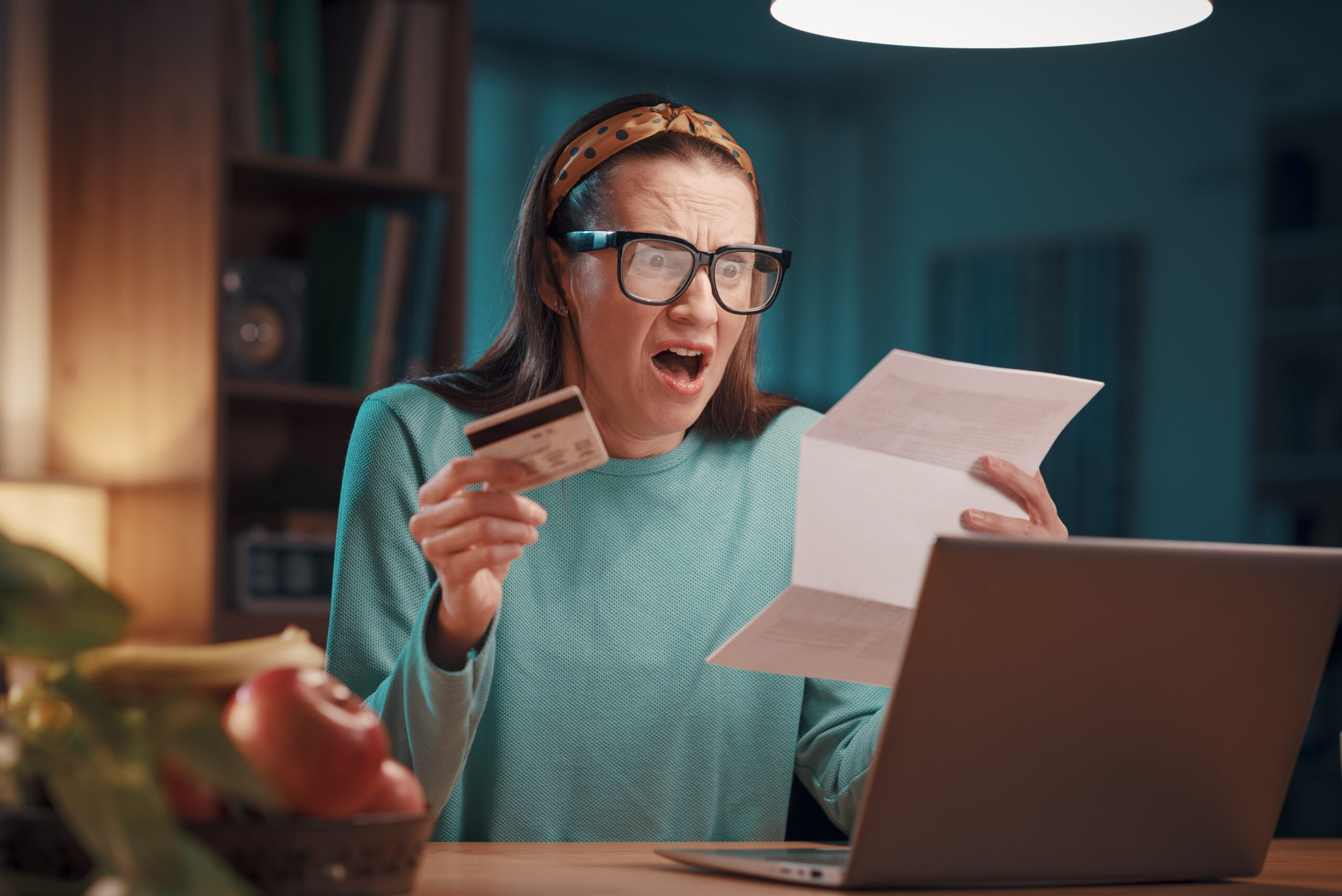
Facebook Marketplace: Beware of online scams
Last updated on September 5th, 2024
As the number of Australians searching for a great deal online has risen, so has the number of Facebook Marketplace scams.
Wherever there are bargain hunters, there are scammers. There have even been alarming instances of criminals using marketplaces to break into your home.
So, how do you protect yourself and your savings from scammers? Let’s take a closer look at online marketplaces, the most common scams and how to avoid them.
What is an online marketplace?
Online marketplaces provide a space where people can conveniently buy and sell a range of items without leaving their homes. These platforms act as a bridge, connecting eager buyers with sellers offering an array of products and services.
Unlike a traditional e-commerce website, which showcases products from a single brand or company, an online marketplace hosts multiple sellers in one place. You get the benefit of choice, competitive pricing and a convenient one-stop shopping experience. While several platforms have sprung up over the years, a few giants dominate the landscape.

Facebook Marketplace
It's one of the largest platforms of its kind and is integrated into the social media giant Facebook owned by Meta. This marketplace offers items from people in your community, or even globally, based off your profile. An added advantage is that you can gauge the credibility of a seller through their Facebook profile, mutual connections and online interactions. The flipside is that Facebook Marketplace scams have become the most common of all marketplace scams.
eBay
If you were buying and selling in the early days of the internet, then eBay might hold a sense of nostalgia for you. It stands tall as one of the trailblazers in the online marketplace industry. Its standout feature is its auction-style sales, allowing users to compete in real-time for products. For those who prefer a more straightforward purchase, a 'Buy It Now' option is also available. From antiques and collectibles to the latest tech gadgets, eBay has something for everyone.
Gumtree
Gumtree is a platform with a local focus. Think of it as a digital classifieds section, where you can find everything from secondhand furniture to pets for adoption. Gumtree doesn't offer an auction feature like eBay and isn't embedded in a social media network like Facebook Marketplace. Gumtree has a more informal, community-centered vibe, making it ideal for local trades.
Why are marketplace scams so prevalent?
The flipside of the convenience and variety of online marketplaces is the potential risk of scams. It's an unfortunate reality that snagging a deal can sometimes lead unsuspecting shoppers straight into the arms of scammers. Marketplace scams are common for several reasons:
-
- Volume of Users - According to the Tech Report, one billion people worldwide use Facebook Marketplace each month. With numbers that high, it's easier for a few rotten apples to hide among genuine sellers and buyers and for more of us to fall for marketplace scams.
- Anonymity - Many online marketplaces allow users to maintain a level of anonymity, providing a shield for those with deceitful intentions. Without solid verification methods, it's tricky to gauge the trustworthiness of the person on the other side of the screen.
- Bargain trap - Scammers prey on the age-old human penchant for a good deal. By dangling the carrot of unrealistically low prices, they manage to lure in countless unsuspecting victims. While the amount of money lost to classified scams in Australia fell 8.5 percent, to $7.7 million in 2023, the number of reports to Scamwatch rose 8.3 percent to 11,352.

Common marketplace scams
If you plan to sell items via an online marketplace, it is important to keep informed about common scams. Check Scamwatch on a regular basis, as scammers are always finding new ways to steal your hard-earned money.
Payments made with stolen credit cards
Some buyers may use stolen credit card information to complete a purchase. While the payment might initially appear in your account, once the actual cardholder notices the fraudulent charge, they'll initiate a chargeback, leaving you short the item and the cash.
Sending a ready-made shipping label
If a buyer is overly insistent on using their shipping service and sends you a ready-to-use label, be cautious. These can sometimes be linked to hacked or stolen shipping accounts.
Asking for verification codes
Although it might seem like an added security layer, sharing verification codes can lead to unauthorised access to your account or be used to authenticate fraudulent transactions.
Asking to ship items before paying
This starts with the buyer showing a keen interest in your item and they may even engage you in seemingly normal conversation to build trust. If a buyer asks for shipment before payment, using all sorts of justifications, be wary. They might offer to show "proof" of upcoming payments, such as a doctored screenshot from a banking app or an email from their bank.
Using PayID
PayID is a relatively new payment method so scammers exploit this unfamiliarity, sending fraudulent PayID emails to trick sellers into transferring funds into their PayID account. The funds go directly to the scammer rather than their own account.
How to stay safe on online marketplaces
Guard your personal information
Safeguarding your personal data should be a priority. Share only what's necessary for the deal. It's usually okay to share your first name and your town or city. Avoid sharing specific address details, your full name, or your phone number unless vital for the transaction, such as when the item has to be posted (more on this later).
Keep communication within the platform
Beware of anyone urging you to communicate outside the marketplace. Doing so might seem convenient, but it exposes you to potential threats. Keeping your conversation within the platform ensures privacy and allows the site to keep an eye out for suspicious activity. Should any issue arise, having an archived chat can be a lifesaver.
Opt for secure payment methods
Opt for payment methods that offer scammer protection, such as credit cards or PayPal, which often have robust fraud protection measures. This provides an added layer of protection, helping you recover your money if you inadvertently engage with a scammer.
Ask specific questions of the buyer or seller
Ask pointed questions about the item's condition, history, and other relevant details. Scammers often give vague or inconsistent answers that can be a telltale sign that something's amiss.
Ask for a signed receipt
A signed receipt provides a tangible transaction record, listing the items sold, the agreed-upon price, and both parties' acknowledgement of the sale. This can be invaluable if any disputes arise later or you need to prove the transaction's legitimacy.
Follow your instincts
Never underestimate the power of intuition. If any aspect of a transaction feels unsettling, it might be your instincts warning you of potential trouble. It's better to abandon a transaction that gives you pause than to forge ahead and potentially get scammed.
If you have been the victim of a marketplace scam or suspect someone is trying to scam you or others, you should report the scam to the platform in the first instance. There are also other remedies available and government authorities that may be able to help get your money back. If you are having trouble getting a response about Facebook Marketplace scams, or any other platform, lodge a complaint with us and we’ll help you handle it.






